കേരള ടൂറിസത്തിന് വീണ്ടും നേട്ടം; മികച്ച വെൽനെസ് ഡെസ്റ്റിനേഷനായി തിരഞ്ഞെടുക്കപ്പെട്ടു
തിരുവനന്തപുരം: കേരള ടൂറിസത്തിന് വീണ്ടും അംഗീകാരം. കേരളത്തെ മികച്ച വെല്നെസ് ഡെസ്റ്റിനേഷനായി തെരഞ്ഞടുത്തു. ട്രാവല് പ്ലസ് ലെയ്ഷര് ഇന്

Thiruvananthapuram: The Kerala government on Wednesday decided to lease five acres of land at Technocity here for setting up a CFSL under the National Forensic Infrastructure Enhancement Scheme. Technocity is the Phase IV campus of the IT hub Technopark. The land, located at Melthonnakkal village here, will be leased to
കിഫ്ബി മസാല ബോണ്ടിലെ ഇ ഡി നോട്ടീസിൽ മുഖ്യമന്ത്രി ഹൈക്കോടതിയിൽ.നോട്ടീസ് റദ്ദാക്കണമെന്ന് ആവശ്യപ്പെട്ട് ഹർജി നൽകി. കിഫ്ബി ചെയർമാൻ
IFFK 2025
'ചലച്ചിത്രോത്സവങ്ങളുടെ സ്വാതന്ത്ര്യം' എന്ന വിഷയത്തിൽ ചൊവ്വാഴ്ച്ച നടന്ന ഓപ്പൺ ഫോറം സിനിമ സെൻസർ ചെയ്യുന്നതിനെക്കുറിച്ചു

Thiruvananthapuram: Celebrated Spanish actor and international jury member of 30th IFFK, Ángela Molina offered a personal and insightful reflection on her cinematic journey during the ‘In Conversation’ session with filmmaker and producer Sebastián Arevalo on Tuesday. Molina recalled working with some of the greatest filmmakers in world cinema, from Luis

അർജന്റീന താരം ലിയോണൽ മെസിയുടെ ഗോട്ട് ഇന്ത്യ പര്യടനത്തിനിടെ കൊൽക്കത്ത സോൾട്ട് ലേക്ക് സ്റ്റേഡിയത്തിലുണ്ടായ അനിഷ്ട സംഭവങ്ങളുടെ
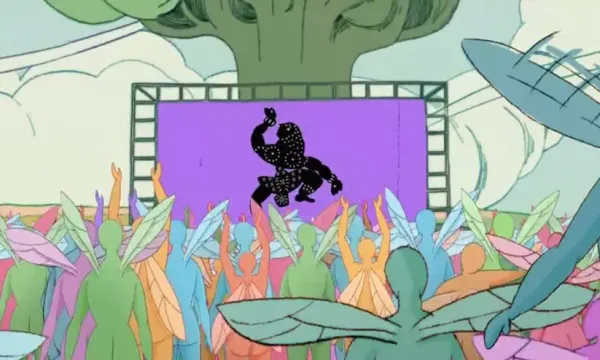
രാജ്യാന്തര ചലച്ചിത്രമേളയുടെ ആറാം ദിനത്തിൽ (ബുധനാഴ്ച്ച) 11 തീയേറ്ററുകളിലെ 16 സ്ക്രീനുകളിൽ 72 ചിത്രങ്ങൾ വിരുന്നാകും. ഇതിൽ നേരത്തെ
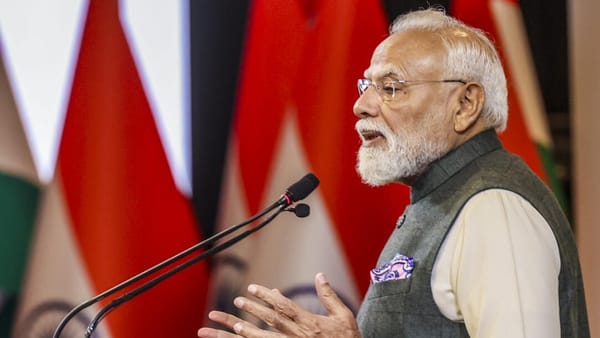
Amman: Prime Minister Narendra Modi on Tuesday invited Jordanian companies to invest in India, saying they can look forward to good returns on their investments as the country is growing at over 8 per cent. Speaking at the India-Jordan Business Forum meet here, Modi said India is soon going to
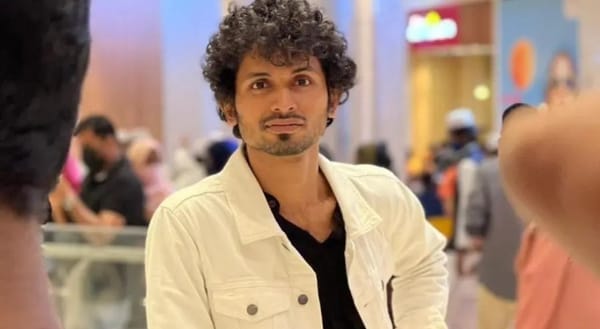
ഡിജിറ്റല് തട്ടിപ്പ് കേസില് യൂട്യൂബര് പിടിയില്. കോഴിക്കോട് കൊടുവള്ളി കേന്ദ്രീകരിച്ച് നടത്തിയ തട്ടിപ്പിലാണ് യൂട്യൂബറും ബിഗ്
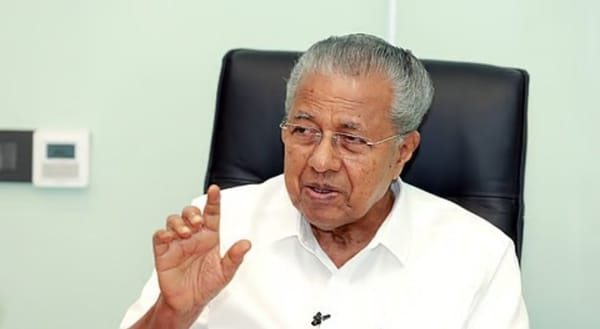
നടിയെ ആക്രമിച്ച കേസില് പോരാട്ടം തുടരുമെന്ന് പ്രഖ്യാപിച്ചതിന് പിന്നാലെ അതിജീവിത മുഖ്യമന്ത്രി പിണറായി വിജയനുമായി കൂടിക്കാഴ്
A bilingual Malayalam, English Newspaper

തിരുവനന്തപുരം: ഐ.എഫ്.എഫ്.കെയുടെ ഭാഗമായി ഞായറാഴ്ച നടന്ന ഇന്ത്യൻ സിനിമയിലെ പുരുഷാധിപത്യം: അധികാരം, ലിംഗം, രാഷ്ട്രീയം എന്ന ഓപ്പൺ ഫോറം, സി

Anuparna Roy’s 'Songs of Forgotten Trees' Draws Applause Thiruvananthapuram: Anuparna Roy’s film ‘Songs of Forgotten Trees’ received an enthusiastic response from the audience on Day Two of IFFK, at Kalabhavan Theatre on Saturday. The film, which won the Orizzonti Award for Best Director at the Venice
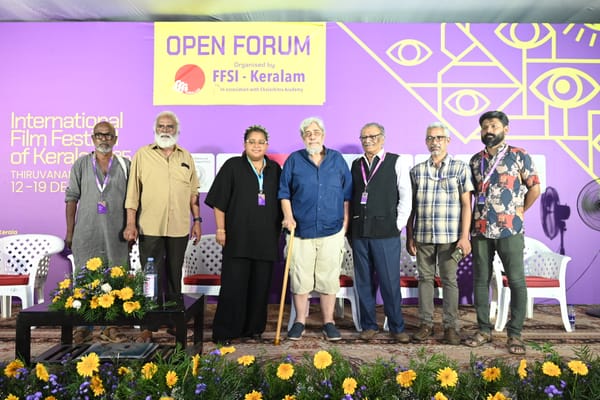
ചർച്ചചെയ്ത് ുവനന്തപുരം: അന്താരാഷ്ട്ര ചലച്ചിത്രമേളയുടെ 30-ാം പതിപ്പിലെ ആദ്യ ഓപ്പൺ ഫോറം, സിനിമാപ്രവർത്തകരും വിമർശകരും പ്രേക്ഷകരും തമ്മിൽ വിമർശനാത്മക സം

Mumbai: Tightening the screw on Rahul Bhatia-controlled IndiGo, aviation safety regulator DGCA has set up an eight-member oversight team, following the airline cancelling flights in large numbers due to crew shortage. According to an order issued by the Directorate General of Civil Aviation (DGCA) on Wednesday, the oversight team will
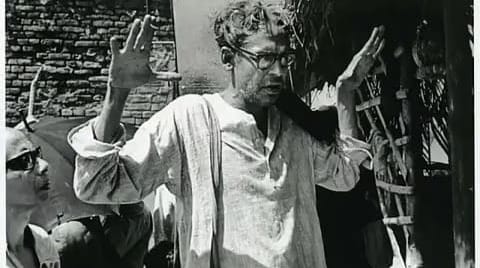
Thiruvananthapuram: The 30th International Film Festival of Kerala (IFFK) is all set to celebrate the centenary of the legendary director Ritwik Ghatak with a special retrospective. The festival will screen four of his most notable films, presenting them in restored versions to a new generation of cinema lovers. Ghatak’s

തിരുവനന്തപുരം: ലോക സിനിമയുടെ സമകാലികവും ചരിത്രപരവുമായ കാഴ്ചകൾ കോർത്തിണക്കി മുപ്പതാമത് രാജ്യാന്തര ചലച്ചിത്രമേള ഡിസംബർ 12 മുതൽ 19 വരെ തലസ്
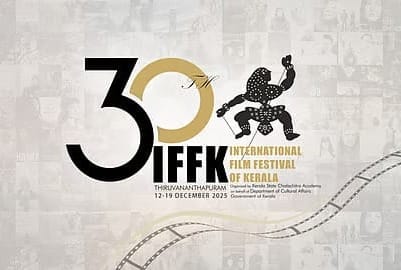
തിരുവനന്തപുരം: ലോക സിനിമയുടെ സമകാലികവും ചരിത്രപരവുമായ കാഴ്ചകൾ കോർത്തിണക്കി മുപ്പതാമത് രാജ്യാന്തര ചലച്ചിത്രമേള ഡിസംബർ 12 മുതൽ 19 വരെ തലസ്
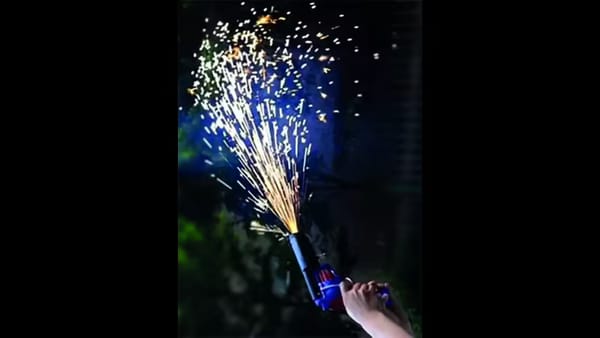
പനാജി: പബ്ബുകളിലും നൈറ്റ് ക്ലബ്ബുകളിലും റസ്റ്റോറന്റുകളിലും പടക്കം, ഇലക്ട്രോണിക് പടക്കം പൊട്ടിക്കുന്നതിനും ഗോവ സര്ക്കാര് നിരോധനം ഏര്പ്പെ
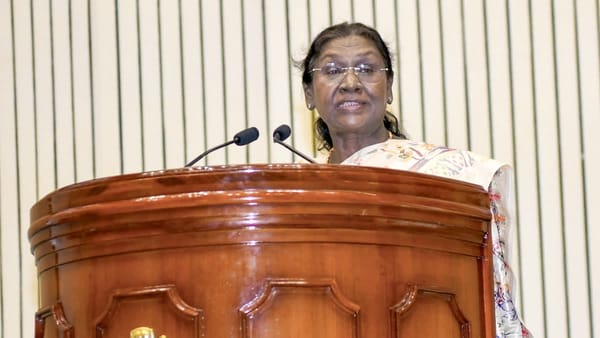
രാഷ്ട്രപതി ദ്രൗപതി മുർമു നാളെ മണിപ്പൂർ സന്ദർശിക്കും. രണ്ടുദിവസത്തെ സന്ദർശനത്തിനായാണ് രാഷ്ട്രപതി ഇംഫാലിൽ എത്തുന്നത്.ദ്രൗപതി മുർമുവിന്റെ
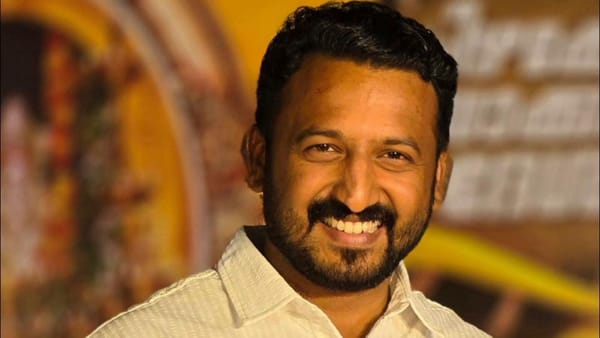
രാഹുൽ മാങ്കൂട്ടത്തിലിനെതിരായ രണ്ടാമത്തെ കേസില് മുൻകൂര് ജാമ്യം ലഭിച്ചതിനെതിരെ സര്ക്കാര് അപ്പീല് പോകും. ഉടൻ ഹൈക്കോടതിയെ സമീപി
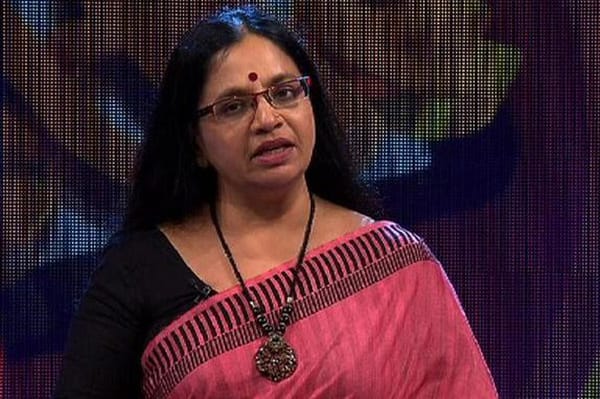
ചലച്ചിത്ര പ്രവര്ത്തക ഭാഗ്യലക്ഷ്മി ഫെഫ്കയില് നിന്ന് രാജിവച്ചു. നടന് ദിലിപീനെ തിരിച്ചെടുക്കുന്നതില് പ്രതിഷേധിച്ചാണ് രാജി. ഇനി ഒരു

ദുബായ്: എമിറേറ്റിലെ ഹോട്ടലുകളില് ഡിജിറ്റല്, കോണ്ടാക്റ്റ്ലെസ് ചെക്ക് ഇന് സൗകര്യം നടപ്പാക്കുന്നതിന് അഗീകാരം. യുഎഇ ഉപപ്രധാനമന്ത്രിയു